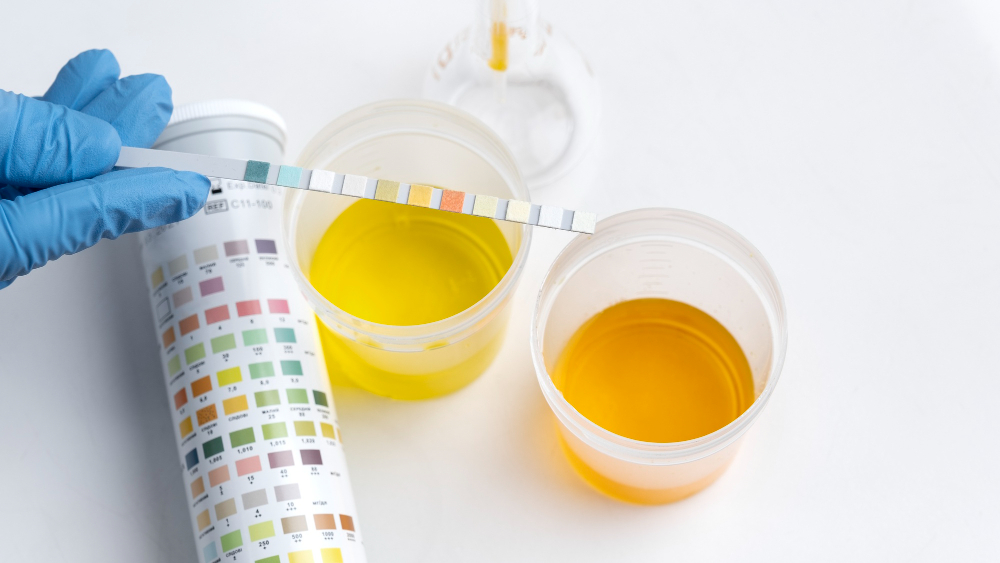Why the Test Matters
Detecting abnormal hormone levels early can prevent complications like high blood pressure, heart problems, or severe headaches. Your doctor may recommend this test if you experience symptoms such as sudden sweating, palpitations, or unexplained high blood pressure.
How the Test is Done
You will be asked to collect all your urine over 24 hours in a special container provided by the lab. It’s important to follow your doctor’s instructions carefully, including dietary and medication guidelines, to ensure accurate results.
Benefits of Choosing Diagnopein
At Diagnopein, we offer accurate and reliable testing with modern equipment and trained staff. Our team ensures proper guidance throughout the collection process and timely reporting. By choosing us, you get precise results that help your doctor make the best decisions for your health.
Key Takeaways
- Measures hormone byproducts for adrenal health assessment.
- Helps detect rare adrenal tumors early.
- Non-invasive and easy to perform at home with lab guidance.
- Accurate results with Diagnopein’s advanced diagnostic services.
Conclusion
The 24-hour urine metanephrine test is essential for identifying hormonal imbalances and ensuring timely treatment. For safe, reliable, and accurate testing, visit www.diagnopein.com today.











